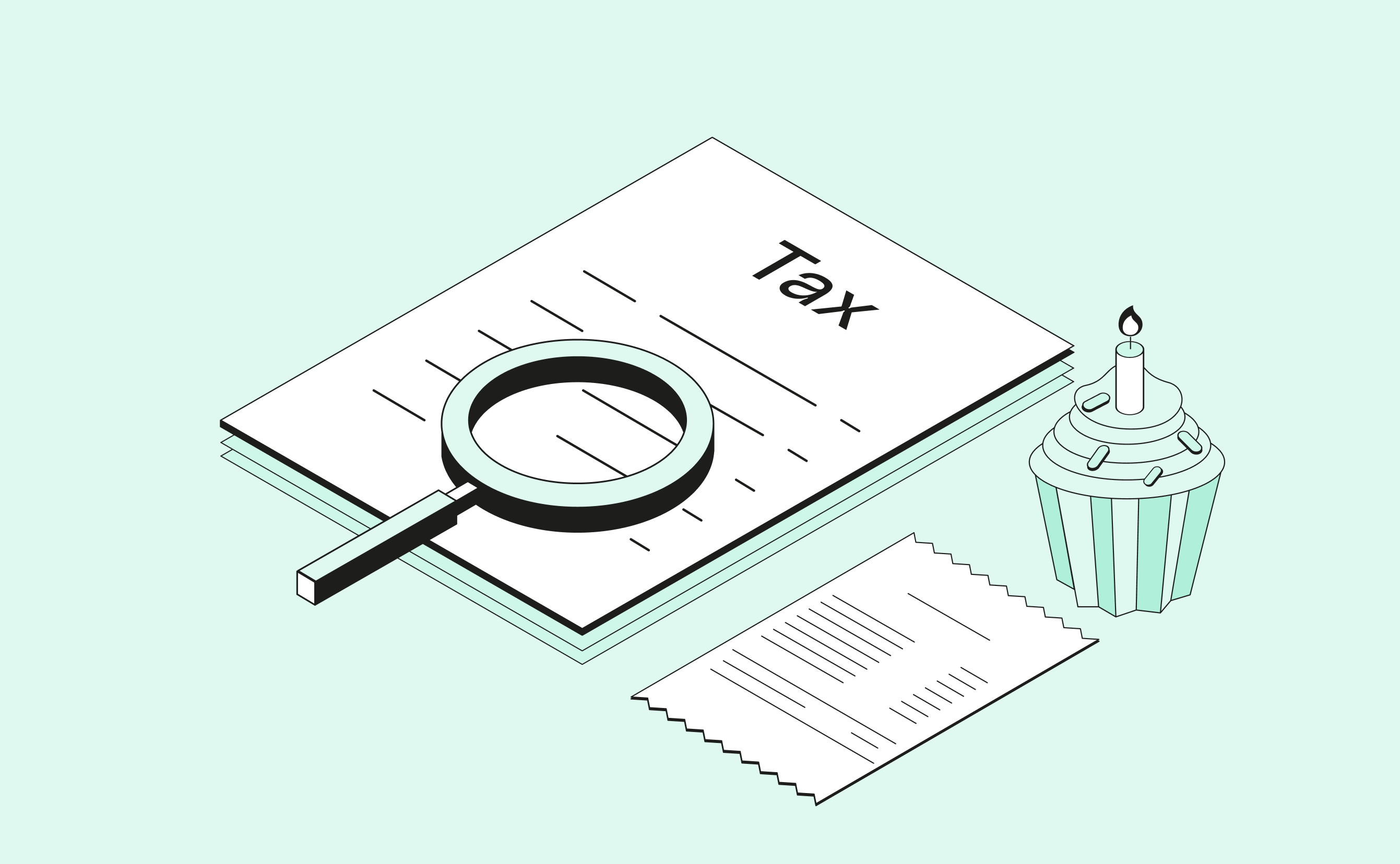Are you considering starting a business in Germany? Maybe the thought of working for yourself, being your own boss, has been a dream of yours?
How to start up a business in Germany

You're certainly not the only one.
Small to medium businesses make up the backbone of the German economy. There's even a German word for it: the Mittelstand.
The term “Mittelstand” doesn’t have precise English translation or have an official definition but refers to the small to medium size companies, of which there are nearly 4 million in Germany. Between them, they makeup over one-third of the countries GDP and provide over half of the jobs in Germany.
As with most things in life, good preparation at the beginning will save you a lot of trouble further down the line.
Before we go any further, though, it is essential to point out that to register a business in Germany, you will need a German address. It is a legal requirement in Germany to register your address each time you move, and you will then be given a tax ID and a registration certificate. If you are not a resident in Germany, then either your business partner will need to be, or you will have to use the services of a corporate services company that can provide you with an address and company board members.
The registration certificate is required in most cases to open a business bank account, and a bank account is needed to register your business at the Finanzamt.
What type of start-up business?
The first thing to consider when thinking about starting a business is what you will do or sell? Will it be a service business or a manufacturing business?
For most people starting a business, the idea usually is either something they already have expertise in or something that they currently do as a hobby. It may be both! When you consider the number of hours you will need to invest in the business at the beginning, it makes good sense to choose something you enjoy doing.

Research your business idea
Now you have an idea of what your business will offer you need to research the market for your products. You could have the perfect business idea, but if no one is interested in what you are selling, it’s not going to last long! If you’re still searching for the big innovation to build your business around, read our article about how to find a business idea.
For your research work, you need to clarify a few questions. Will you be selling locally or internationally? Online or offline? Both maybe. Look at websites for competitors in your market area. Check out their Facebook and Twitter pages. The more in-depth information you can find out, the better.
Once you have decided on your business type and determined that it’s a feasible idea, the more complicated legal aspects of starting a business are the next steps.
But before that, it’s a good idea to write a business plan! Not only will this put your ideas onto paper, but it also provides a document to submit to the bank, if required, something to show potential investors, and a record to look back at and see how well your plan is going.
Start up a business: the business entity
All companies must have a legal business entity, and there are numerous to choose from in Germany, from a partnership to a full limited liability company (LLC). If you are going to be working alone, then you might consider the self-employed option, which we will cover in-depth in a future article.
Partnership
Partnership
There are several types of legal partnership in Germany, and one of these forms is probably right if you are going to be working with someone else or another company.
The main disadvantage of a partnership is that there is an unlimited personal liability if the business gets into difficulty. This means the partner’s personal funds are linked to the business, and the costs of any legal case will be borne entirely by the partners. For example, if a customer took the company to court over a disagreement and won the case, then the partners will have to pay for everything, even if it means that they go bankrupt, or have to sell their possessions, etc.
The main advantage of a partnership is that you don’t need to invest capital in the business to get started, plus the rules are less strict.
On the other hand, a Limited Liability Company protects the individual business owners, and it is the companies assets that are at risk.
Limited Liability Company
Limited Liability Company
A Limited Liability Company (LLC) is the most popular form of a start-up business in Germany. Several shareholders invest in the business idea and provide it with the minimum starting capital of €25,000. In Germany, this business type is the “Gesellschaft mit beschränkter Haftung” or “GmbH”.
If the minimum starting capital is too high for you, but you want the protection of limited liability, there is an alternative, the mini GmbH. In this version, each founder shareholder invests a minimum of €1, until the €25,000 minimum can be reached. While the company is a mini GmbH, you must set aside 25% of annual profit, so it does make sense to achieve this as soon as possible.
One of the main advantages of this type of business start-up is that the shareholders are only liable up to the investment they have made. Their personal finances are protected.
Still on the hunt for a digital business account? Just pick the right pricing plan and apply for your Qonto Account in just 15 minutes.
Registering your Business Entity in Germany
So far, you have your business idea, you’ve established that there is a demand for your product or service, you’ve drawn up a basic business plan, and you’ve decided on the type of business entity. Congratulations, you’ve come a long way, but now the legal work begins!
What’s in a Name?
What’s in a Name?
Every business must have a unique name, and there are some basic rules on naming your business start-up in Germany. For small businesses that are not listed on the commercial register, the business name must include the owner’s first and last name. If you are a registered merchant, then your business name simply needs to be descriptive and distinctive. You can check the commercial register (Handelsregister) to make sure your chosen name is available.
Take legal advice
You will need to draw up the articles of association (Gesellschaftsvertrag) for the company, and this is an important document. It describes what your business will be doing, identifies the shareholders and founding members, where the business is located, and who benefits from the profits of the company.
Small companies and freelancers don’t require this step, but all other companies will need to have articles of association notarized. The cost of registration will be a few hundred Euros, plus the notary fees.
Get a trade license
Anyone trading in Germany, except sole proprietors, must apply for a trade license at the trade office (Gewerbeamt). Depending on your business, you may need special permits before you can apply. For example;
Professionals such as doctors, architects, engineers should speak to their relevant professional chamber for advice.
Craftsmen, such as carpenters, should consult the Chamber for Skilled Crafts (Handwerkskammer).
You may need a health certificate from the Public Health Office (Gesundheitsamt) if you deal with food.
In all cases, you will need the following documents;
- Valid means of identification such as ID card or passport for all founding members
- Confirmation of registration of address for each founder
- Any mandatory permits for your business
- Articles of association, stamped by a notary
- A business registration form
- Registration fee
The Finanzamt is the local finance office, which will issue you with the business tax ID (Steuernummer) and a VAT number (Umsatzsteuernummer) if you need one. All the previous steps will have to be in order before this happens, and they may ask for additional documents, so be prepared for that.
Once the Finanzamt approve your application, they will send your business ID number and VAT number by mail, and you can finally begin to trade.
It’s been a long journey, but now you can enjoy building and growing your business.
Further Information
For more information on the formalities of setting up and registering a business in Germany, take a look at the Federal Ministry for Economic Affairs and Energy website. There is a wealth of information here regarding any required licenses or permits for your type of business and the official trade bodies that you must join.
- Germany has a strong small to medium business economy, called the Mittelstand
- Research your business idea before getting started, so you understand the competition
- Decide what kind of business entity you wish to form
- Make sure you register legally with all of the relevant associations for your specific business




